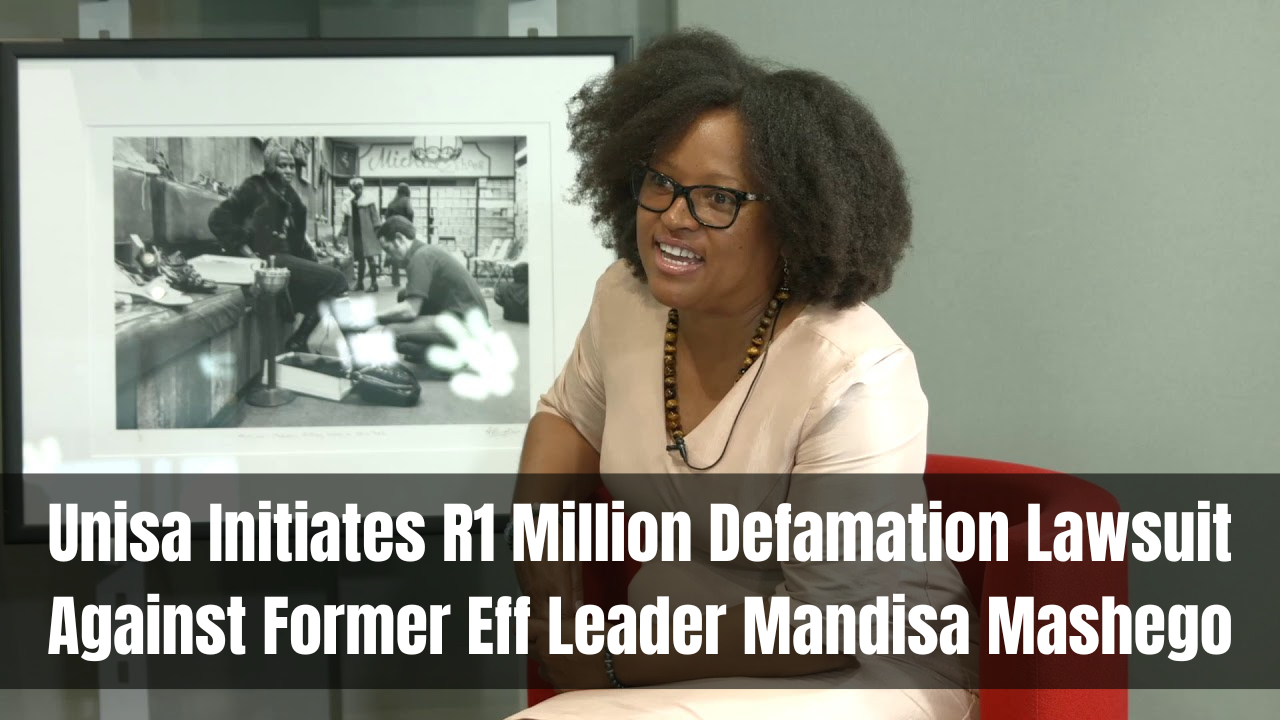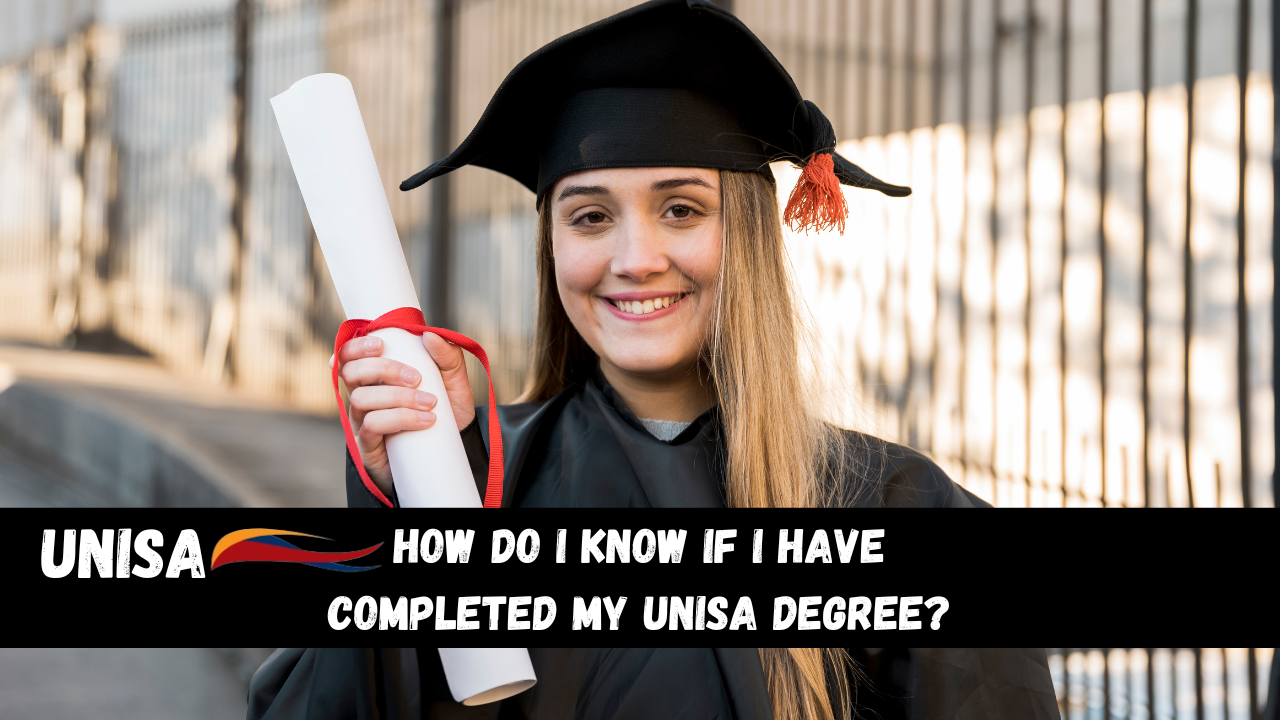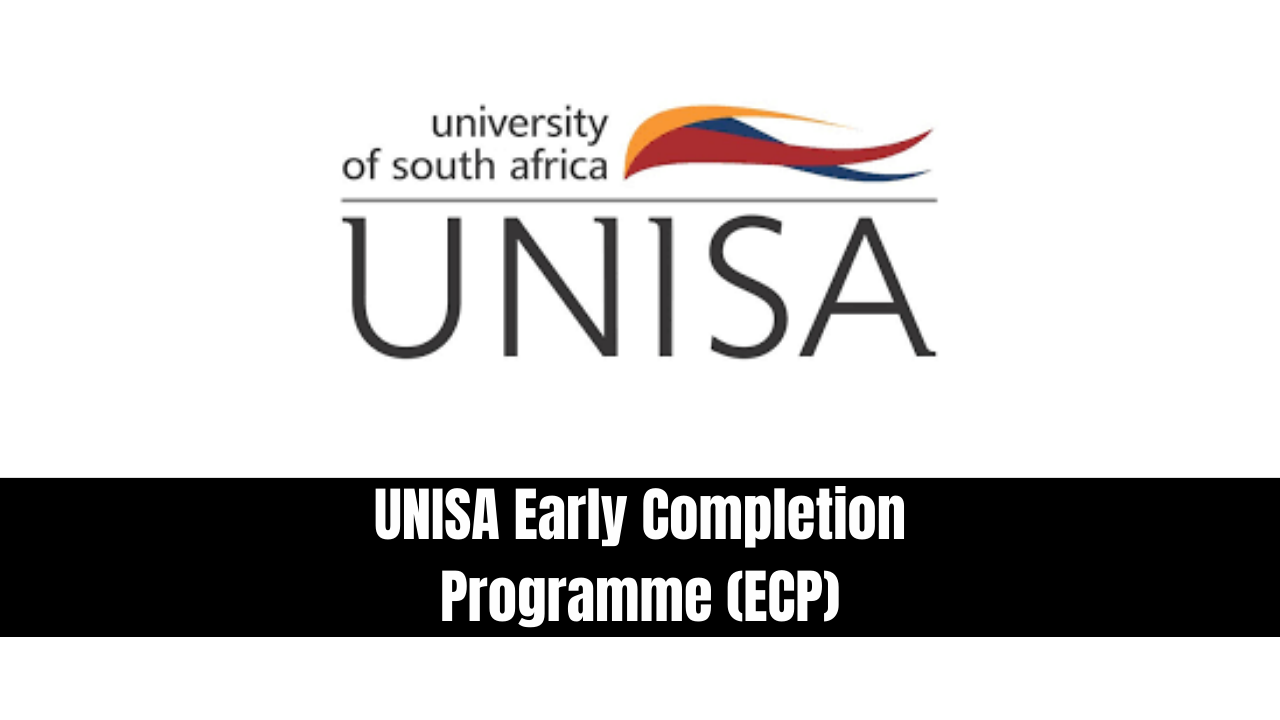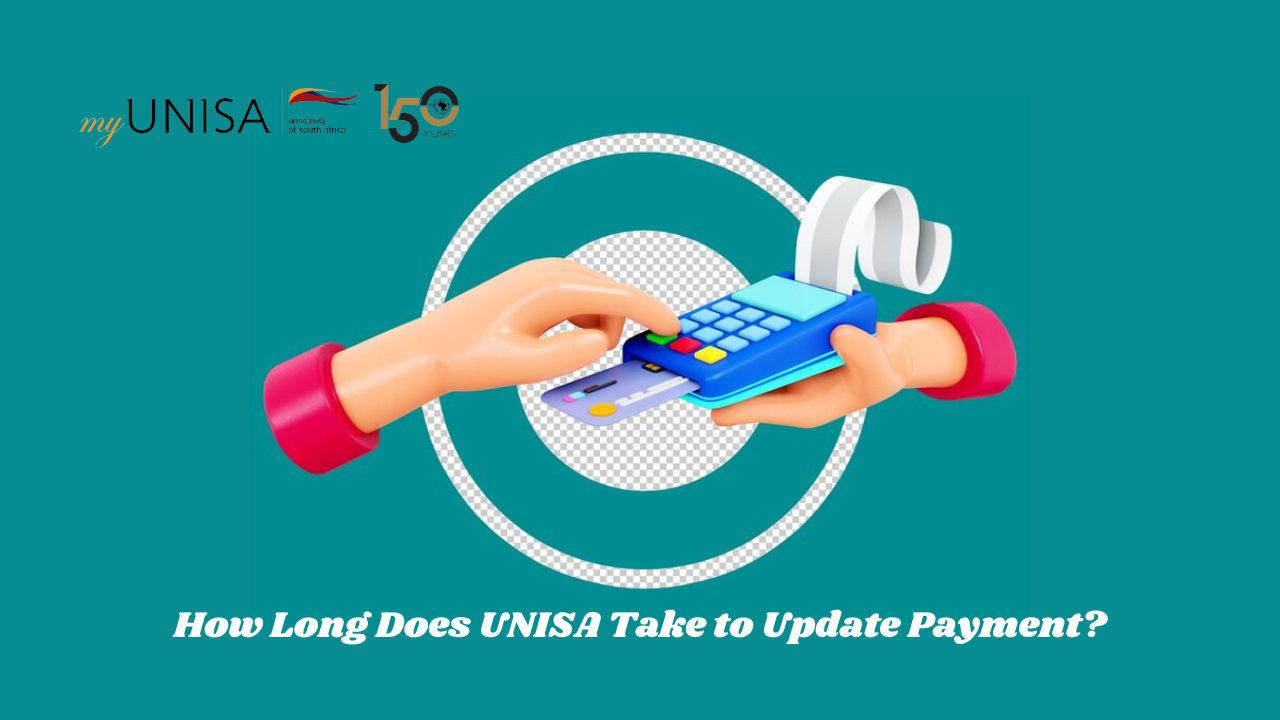Unisa Initiates R1 Million Defamation Lawsuit Against Former Eff Leader Mandisa Mashego. The University of South Africa (Unisa) has taken legal action against Mandisa Mashego, former chairperson of the Economic Freedom Fighters (EFF) in Gauteng, by filing a defamation lawsuit demanding R1 million in damages.
This legal move follows Mashego’s refusal to apologize for comments she made during an interview on The Penuel Show with podcaster Penuel Mlotshwa.
[irp]Unisa Allegations of Corruption and Untrue Statements
City Press has obtained the defamation lawsuit filed by Unisa at the Johannesburg High Court on November 20. In the legal documents, Unisa disputes the allegations of corruption made by Mashego during the interview earlier in the year.
Mashego claimed that Unisa graduates possessed fake degrees, students wrote exams on behalf of others, and the institution did not comply with the Higher Education Act.
Unisa Specific Claims Made by Mashego
The court documents detail Mashego’s statements, asserting that Unisa failed to comply with the Higher Education Act and its own act, designating it as a distance-learning university.
Mashego also alleged ongoing corruption investigations at Unisa and asserted a struggle at the ANC national level to control tenders at the institution.
The papers also highlighted her statement accusing Higher Education, Science, and Technology Minister Blade Nzimande of being a “thug.”
Unisa Response and Legal Action
According to Unisa, a letter of demand was sent to Mashego, urging her to apologize. However, she subsequently appeared on the same show with the defiant title: “I am not going to apologize to Unisa.”
Unisa contends that Mashego’s comments were not only defamatory but also intended to convey the message that Unisa was under the control of dishonest and corrupt individuals.
Additional Allegations and Impact on Unisa Image
The court papers further revealed Mashego’s claim of a conflict of interest involving a minister’s son employed at Unisa, implying corruption within the finance or supply chain department.
Unisa argues that these statements, made with knowledge of their defamatory nature, tarnish the university’s image and suggest its dysfunctionality as a reputable tertiary education institution.
Mashego’s Response Awaited
City Press reached out to Mashego for comment, and her response will be included as soon as it is received.
Conclusion
Unisa defamation lawsuit against Mandisa Mashego highlights the institution’s commitment to protecting its reputation. Mashego’s refusal to apologize for alleged false statements underscores the gravity of the legal dispute, emphasizing the potential impact on Unisa’s image and credibility.






